The Mountain Research Initiative (MRI) is pleased to announce the appointment of two distinguished scientists, Dr. Amina Maharjan and Professor Mark Carey, to its Science Leadership Council. Their expertise and commitment to mountain research will be invaluable as we continue to advance our scientific mission.
The Science Leadership Council (SLC) plays a crucial role within the MRI Governing Body, serving as a forum for strategic dialogue and scientific insight. Members act as observers of the broader research landscape and are instrumental in shaping the MRI’s scientific agenda through their own contributions to mountain research around the world.
In June, we had the great pleasure of welcoming Dr. Maharjan and Prof. Carey to this important group.
Dr. Amina Maharjan

Dr. Amina Maharjan is a Senior Livelihood and Migration Specialist at the International Centre for Integrated Mountain Development (ICIMOD) in Kathmandu, Nepal. Since joining ICIMOD in 2015, she has championed inter- and transdisciplinary research, leading social science research examining the human dimensions of environmental change – particularly at the intersection of cryosphere science, air quality, and climate adaptation in the Hindu Kush Himalaya. Her recent work focuses on foresight and systems approaches to address the region’s complex socio-environmental challenges.
Maharjan holds a PhD in Agriculture from the University of Giessen, Germany, and brings more than 15 years of experience working on human mobility, sustainable development, and climate resilience. Prior to joining ICIMOD, she led the flagship Safer Migration Project at Helvetas Swiss Intercooperation Nepal. She is currently co-Principal Investigator of two major research initiatives exploring migration as a form of climate adaptation: Successful Intervention Pathways for Migration as Adaptation (SUCCESS) and PATH: Climate Mobilities for Equitable Adaptation.
She was also a contributing author in Working Group II to the Intergovernmental Panel on Climate Change’s Sixth Assessment Report. Through her work, Maharjan emphasizes bridging the science-policy-practice gap to ensure research leads to actionable outcomes.
Reflecting on her new role, she shared:
“I’m honoured to join MRI SLC and contribute to cutting-edge research focused on sustainable mountain development. I’m eager to amplify mountain voices and elevate local and Indigenous knowledge systems within global mountain dialogues. As a dedicated researcher from the Global South based in Nepal, I aim to strengthen collaboration between the Hindu Kush Himalaya and other mountain regions around the world.”
Professor Mark Carey

Prof. Mark Carey is a Professor of Environmental Studies and Geography at the University of Oregon, USA. He has a PhD in environmental history and Latin American history from the University of California, Davis, and held the prestigious Ciriacy-Wantrup Postdoctoral Fellowship in Geography at UC Berkeley.
His research addresses environmental justice issues related to climate change, glaciers, icebergs, and water – primarily in the Andes, Arctic, and North Atlantic. As the founder of the Glacier Lab for the Study of Ice and Society, he fosters student-led and multidisciplinary research that rethinks human-cryosphere relationships through the lenses of history, political ecology, science and technology studies, and the humanities.
Carey has been a contributor to multiple IPCC chapters, and his achievements have been recognized with the Elinor Melville Book Award, the Leopold-Hidy Article Prize, and the King Albert Mountain Award for lifetime contributions to mountain conservation and peoples.
His work critically examines how people experience and respond to the changing cryosphere, acknowledging that not all communities face the same vulnerabilities or possess equal adaptive capacities.
“I have long admired the work of MRI and am honored to join the team. Now more than ever, the world needs community, collaboration, openness, acceptance, and human relationships. I hope that my experiences collaborating with interdisciplinary teams across international borders, institutions, and individuals can help continue the great work MRI does—building communities and networks, supporting concrete projects and research, inspiring people, and contributing to more just and equitable mountain societies.” – Mark Carey
The MRI warmly welcomes Dr. Maharjan and Prof. Carey to the Science Leadership Council. Their vision and commitment to inclusive, interdisciplinary research will undoubtedly strengthen the MRI’s mission to foster sustainable development in the world’s mountain regions. We look forward to their contributions as the SLC continues to guide and shape the future of global mountain research.
Cover image by Dario Morandotti.


